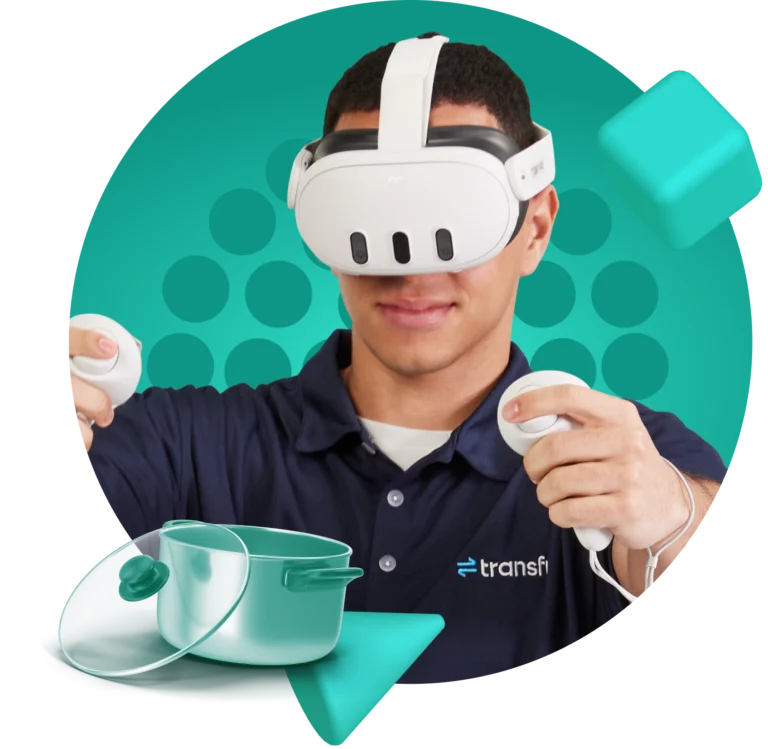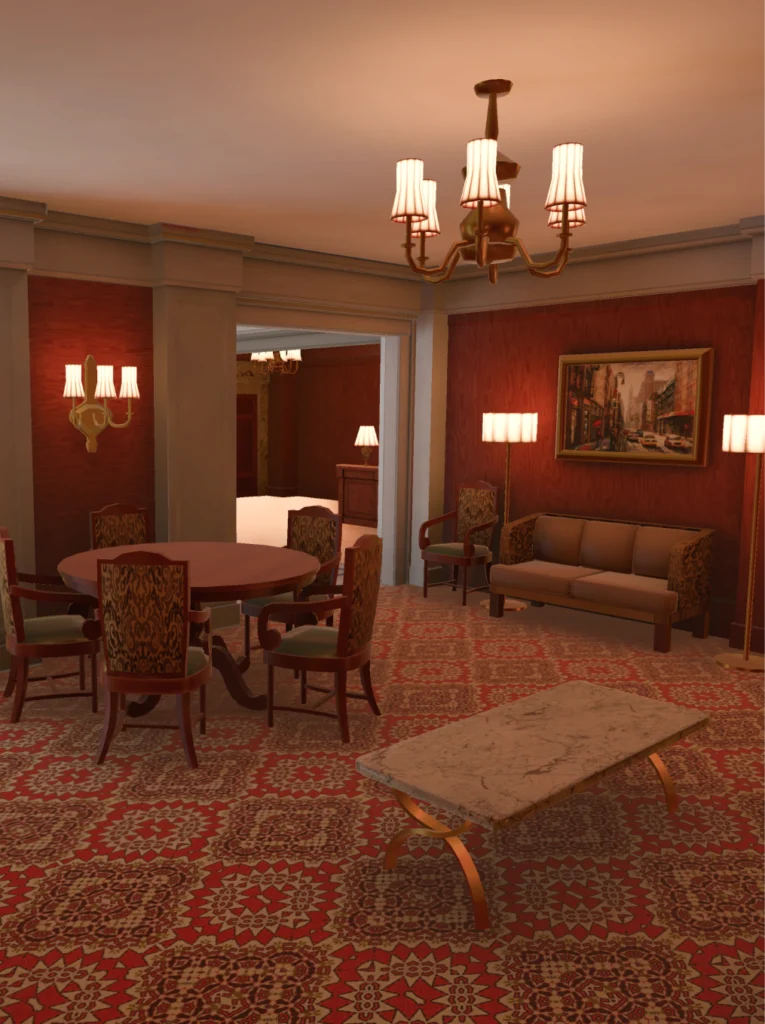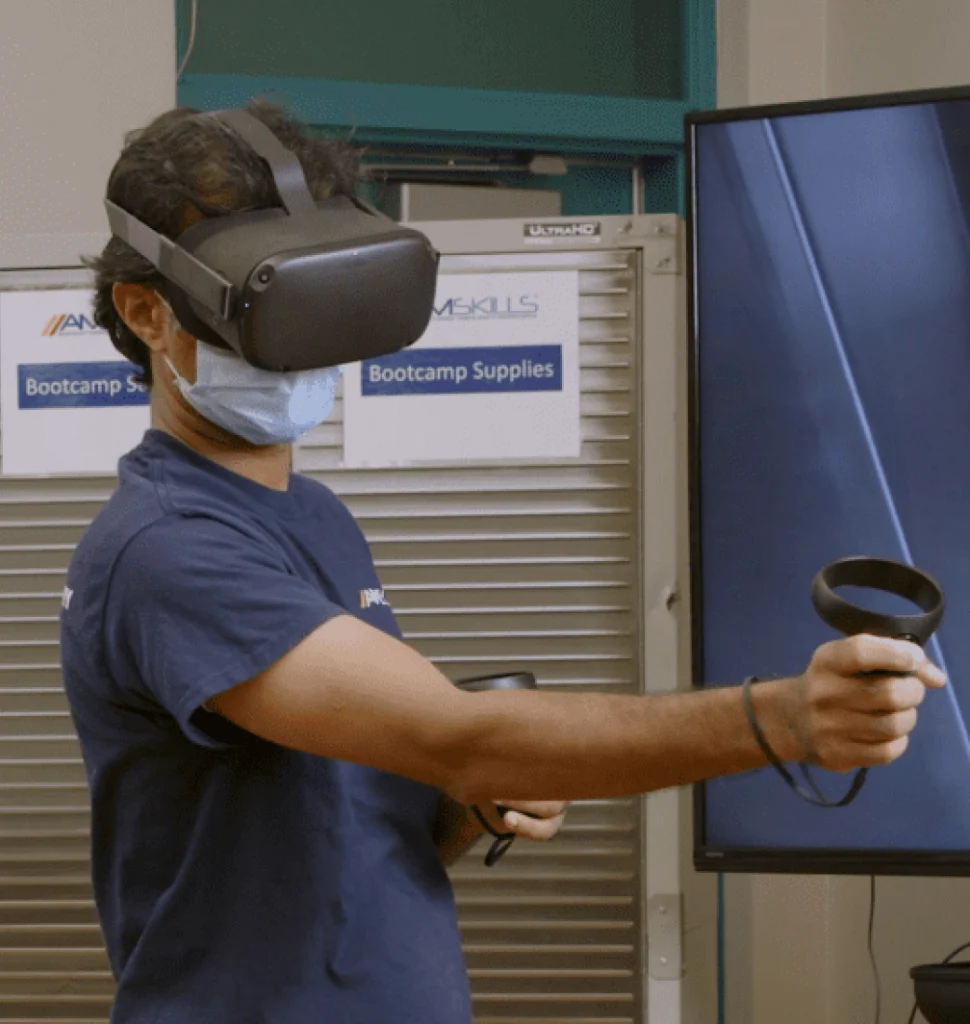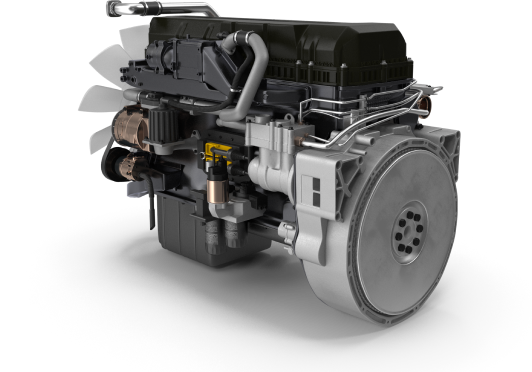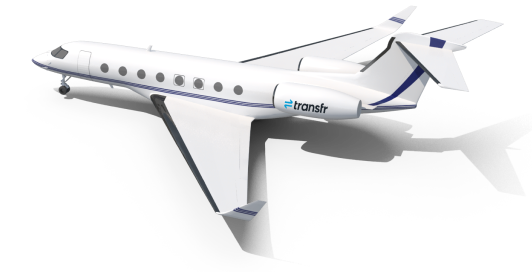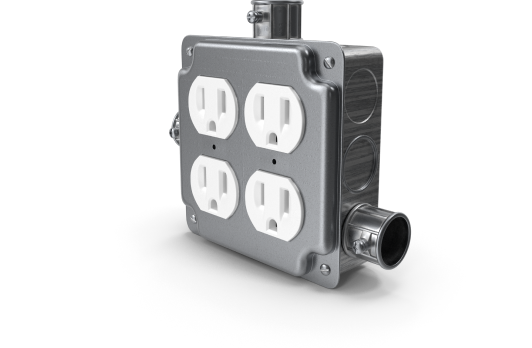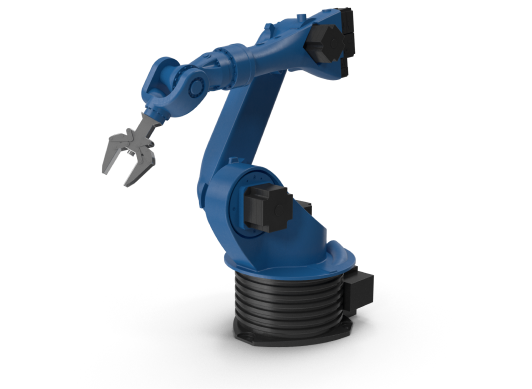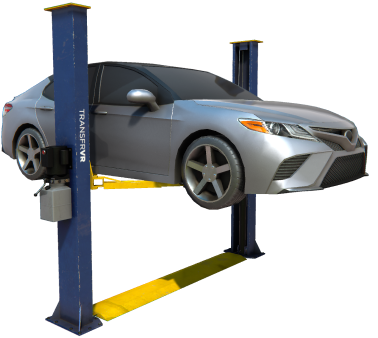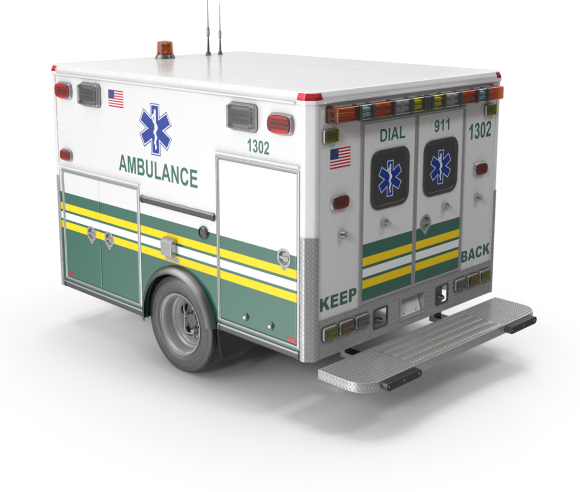Menu
Close
- Products
- Transfr TrekCareer Exploration
- Transfr TrainCareer Training
Transfr TrekCareer ExplorationTransfr TrainCareer Training - Solutions
- Customer Services
- Resources
- Pricing
- Company
- Ghost Element (do not remove)
- Customer Support
Close
- Products
- Transfr TrekCareer Exploration
- Transfr TrainCareer Training
Transfr TrekCareer ExplorationTransfr TrainCareer Training - Solutions
- Customer Services
- Resources
- Pricing
- Company
- Ghost Element (do not remove)
- Customer Support

